Phil Birch, Exploration Director at Impact Oil and Gas explains why Africa is now back on the radar of oil and gas operators.
Phil Birch, Exploration Director at Impact Oil and Gas explains why Africa is now back on the radar of oil and gas operators.
As the price of Brent crude edges up towards $80 and the upstream oil industry quickly becomes comfortable with increased demand, and the resultant improvement in investor confidence, we are witnessing an upsurge in interest for exploration in Africa and particularly deepwater Africa.
There is good reason for this. During the oil price crash of 2014, many explorers raced back up the continental slope in the belief that exploration risk and economics would be more fulfilling in shallow water basins housing proven petroleum systems. Whilst global conventional oil and gas discovery rates in the region of 30 per cent seemed to justify this strategy, less than five per cent of these have proved to be commercial.
The industry has subsequently realised that it had misjudged two important aspects of deepwater exploration: exploration risk and resource materiality. A realisation that some of the largest remaining oil and gas reserves lie along deep passive continental margins, such as those bordering the Atlantic, and that exploration risk is not proportional to water depth, has led to the current renaissance of interest in deepwater Africa exploration.
Impact Oil and Gas has been an active Africa-focused deepwater explorer since its foundation in 2010. Today it has a portfolio of over 90,000km2 of gross exploration acreage in South Africa, Namibia, Gabon, and the AGC zone of Senegal/Guinea Bissau. Over 95 per cent is partnered with IOCs, including ExxonMobil, Equinor, Total, and CNOOC. The business is actively pursuing new acreage, particularly along the deep West African margin.
Impact’s West African licences follow a common geological theme: they all lie over the outermost sedimentary basins of the continent and onto the adjacent oceanic crust. We are learning that such external basins subsided very rapidly, which allowed them to be filled with thick marine source rock shales, and deepwater basin floor fan sands delivered from the African continent by enormous Cretaceous river systems and their associated marine fans. This provides an attractive setting for large, low risk, and laterally continuous stratigraphic traps with billion-barrel oil potential.
Impact’s strategy is to create a portfolio with a sufficient number of such drill targets to meet the overall portfolio risk. Our first exploration well is due to be operated during 2019 on the very large Venus prospect, which straddles the continent – ocean boundary in the far south-west of Namibia. Following this, we aim to be involved in at least a further four high-materiality exploration wells in the period 2019-2021.
Impact has been fortunate in that this strategy has attracted several highly supportive investors, which has allowed the business to remain private during the early years of its growth. Looking ahead, the business will clearly need to access the capital markets, particularly in event of a discovery. Africa, of course, presents all explorers with many political, economic, and environmental challenges. At Impact, we believe in working closely with our host governments, and we are beginning to witness many positive changes that will benefit both local communities and exploration in Africa.
As the price of Brent crude edges up towards $80 and the upstream oil industry quickly becomes comfortable with increased demand, and the resultant improvement in investor confidence, we are witnessing an upsurge in interest for exploration in Africa and particularly deepwater Africa.
There is good reason for this. During the oil price crash of 2014, many explorers raced back up the continental slope in the belief that exploration risk and economics would be more fulfilling in shallow water basins housing proven petroleum systems. Whilst global conventional oil and gas discovery rates in the region of 30 per cent seemed to justify this strategy, less than five per cent of these have proved to be commercial.
The industry has subsequently realised that it had misjudged two important aspects of deepwater exploration: exploration risk and resource materiality. A realisation that some of the largest remaining oil and gas reserves lie along deep passive continental margins, such as those bordering the Atlantic, and that exploration risk is not proportional to water depth, has led to the current renaissance of interest in deepwater Africa exploration.
Impact Oil and Gas has been an active Africa-focused deepwater explorer since its foundation in 2010. Today it has a portfolio of over 90,000km2 of gross exploration acreage in South Africa, Namibia, Gabon, and the AGC zone of Senegal/Guinea Bissau. Over 95 per cent is partnered with IOCs, including ExxonMobil, Equinor, Total, and CNOOC. The business is actively pursuing new acreage, particularly along the deep West African margin.
Impact’s West African licences follow a common geological theme: they all lie over the outermost sedimentary basins of the continent and onto the adjacent oceanic crust. We are learning that such external basins subsided very rapidly, which allowed them to be filled with thick marine source rock shales, and deepwater basin floor fan sands delivered from the African continent by enormous Cretaceous river systems and their associated marine fans. This provides an attractive setting for large, low risk, and laterally continuous stratigraphic traps with billion-barrel oil potential.
Impact’s strategy is to create a portfolio with a sufficient number of such drill targets to meet the overall portfolio risk. Our first exploration well is due to be operated during 2019 on the very large Venus prospect, which straddles the continent – ocean boundary in the far south-west of Namibia. Following this, we aim to be involved in at least a further four high-materiality exploration wells in the period 2019-2021.
Impact has been fortunate in that this strategy has attracted several highly supportive investors, which has allowed the business to remain private during the early years of its growth. Looking ahead, the business will clearly need to access the capital markets, particularly in event of a discovery. Africa, of course, presents all explorers with many political, economic, and environmental challenges. At Impact, we believe in working closely with our host governments, and we are beginning to witness many positive changes that will benefit both local communities and exploration in Africa.

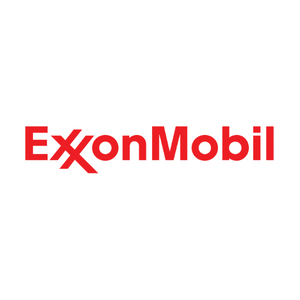


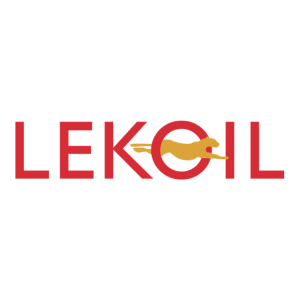
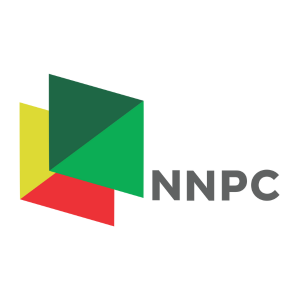
_weblogo_2.png?ext=.png)
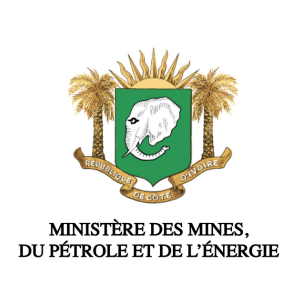

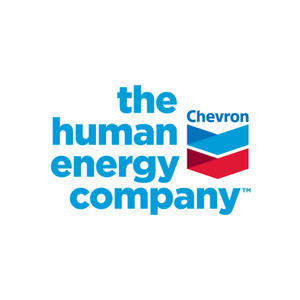





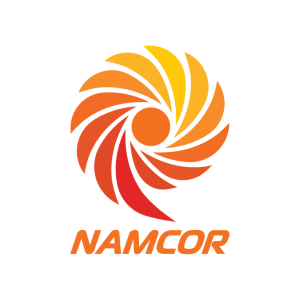
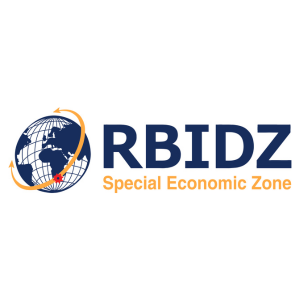

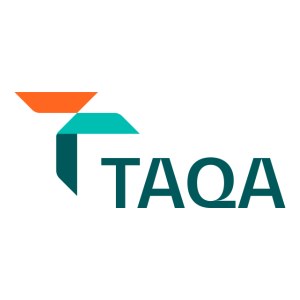
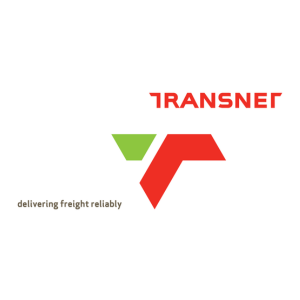

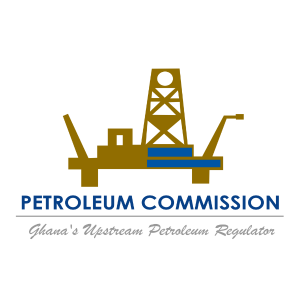
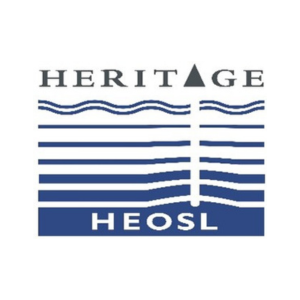
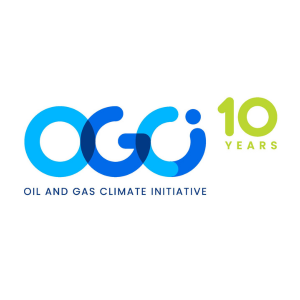
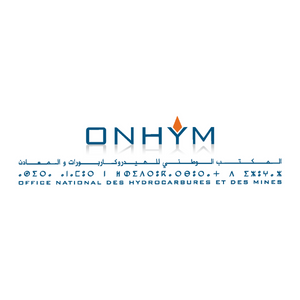
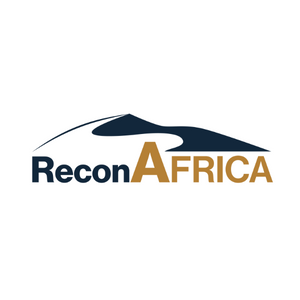
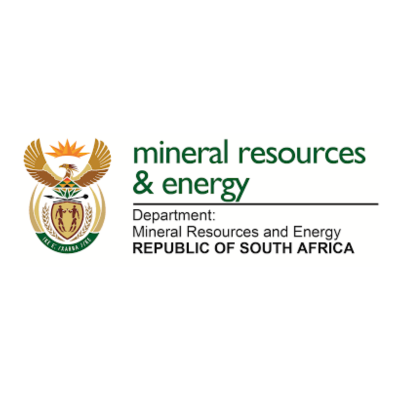
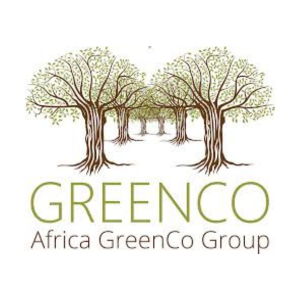
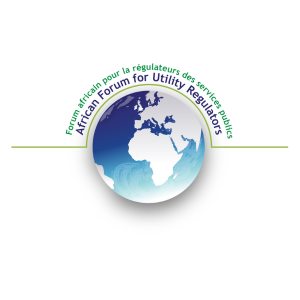


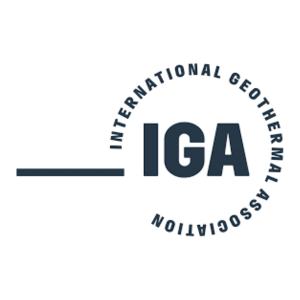
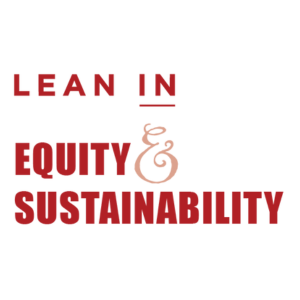

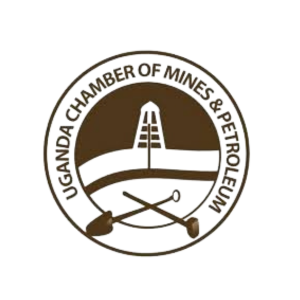



.jpg?ext=.jpg)
